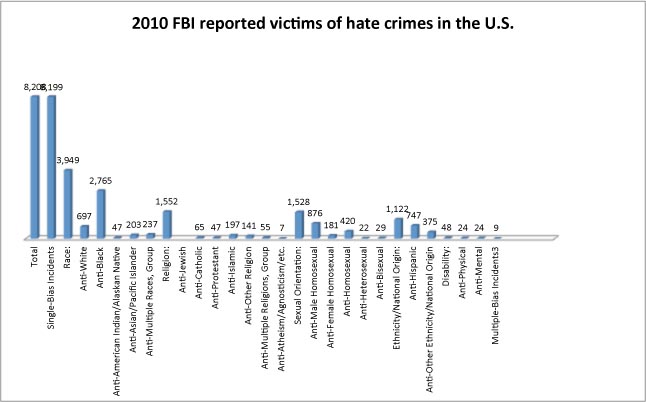
Seven more deaths (including the gunman) and four more wounded in Oak Creek, Wisconsin. Why? Racism, hatred, anger, fear, frustration, propaganda, the easy availability of weapons, and the corruption of the United States Constitution.
Pseudo-conservative, pseudo-Christian, pseudo-moral right-wing extremists have been able to convince too many people that the United States Bill of Rights was written solely for them.
Their claims appeal in particular to the increasing number of people who see the American dream escaping them, who struggle to make a living in a society where wealth seems to abound, and who wonder why they can’t have it all.
The propaganda giants are only too happy to create scapegoats.
Imagine what it would be like if the Bill of Rights were re-written by the power-hungry right-wing minority that would like everyone to believe that our basic rights should be interpreted as follows:
Amendment I. Congress shall make no laws interfering with the right religion; Congress shall not interfere with the freedom to spread lies and hatred and to incite to violence; Congress shall not interfere with the right of people to assemble peacefully as long as they are the right people.
Amendment II. Nobody shall interfere with the right of disaffected vengeful people to bear arms in order to kill anyone who disagrees with them (or is the wrong color or the wrong religion or the wrong nationality).
Amendment IV. People have the right to be secure in their persons, houses, papers, and effects against unreasonable searches and seizures unless they are the wrong people.
These are NOT the original Amendments to our Constitution—the Constitution that our public officials swear to uphold. (See the correct wording.)
In the next post, I will consider how some of the other Amendments to the U.S. Constitution have been corrupted by seekers after power who have no interest in human rights or democracy–only the pursuit of their own interests.
Kathie Malley-Morrison, Professor of Psychology

